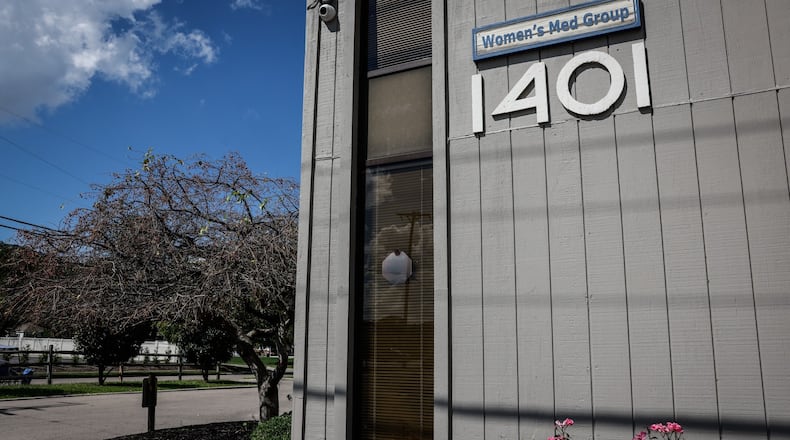The ruling allows abortions through 20 weeks’ gestation which is what Ohio law allowed before the six-week ban.
Jessie Hill, an attorney with the ACLU, told the Dayton Daily News that during a status conference Monday, the judge indicated that he would extend the temporary restraining order to Oct. 12. Lawyers representing the abortion providers have asked the judge to issue a preliminary injunction, which would pause the heartbeat law for the duration of the case.
“We’re asking the judge to rule before that expires so there won’t be any breaks in services so that Ohioans can continue to exercise their constitutional rights continuously until he makes a final decision whether the ban can stand or not,” Hill previously said.
Meanwhile, anti-abortion advocates have defended the law. Ohio Right to Life President Michael Gonidakis said in a statement after the initial ruling, “We are more than confident that the Heartbeat Law will go back into effect relatively soon. Further, we can assure pro-life Ohio that in the near future Ohio will become abortion-free, regardless of what this local judge ruled.”
Ohio’s Attorney General’s Office, which is one of the defendants in the case, said Tuesday that an evidentiary hearing is set for Oct. 7 and no preliminary injunction has been issued.
In the judge’s ruling that placed the temporary restraining order, Jenkins said the abortion providers are likely to win their case. He said Ohio’s Health Care Freedom Amendment (HCFA) implemented in 2011 could be used to argue the plaintiffs’ case.
“No great stretch is required to find that Ohio law recognizes a fundamental right to privacy, procreation, bodily integrity and freedom of choice in health care decision-making,” he wrote.
The judge said that the law discriminates against pregnant women in violation of the state’s constitution and used examples of women battling medical conditions who had to travel out of state to get an abortion so they could receive treatment.
About the Author

